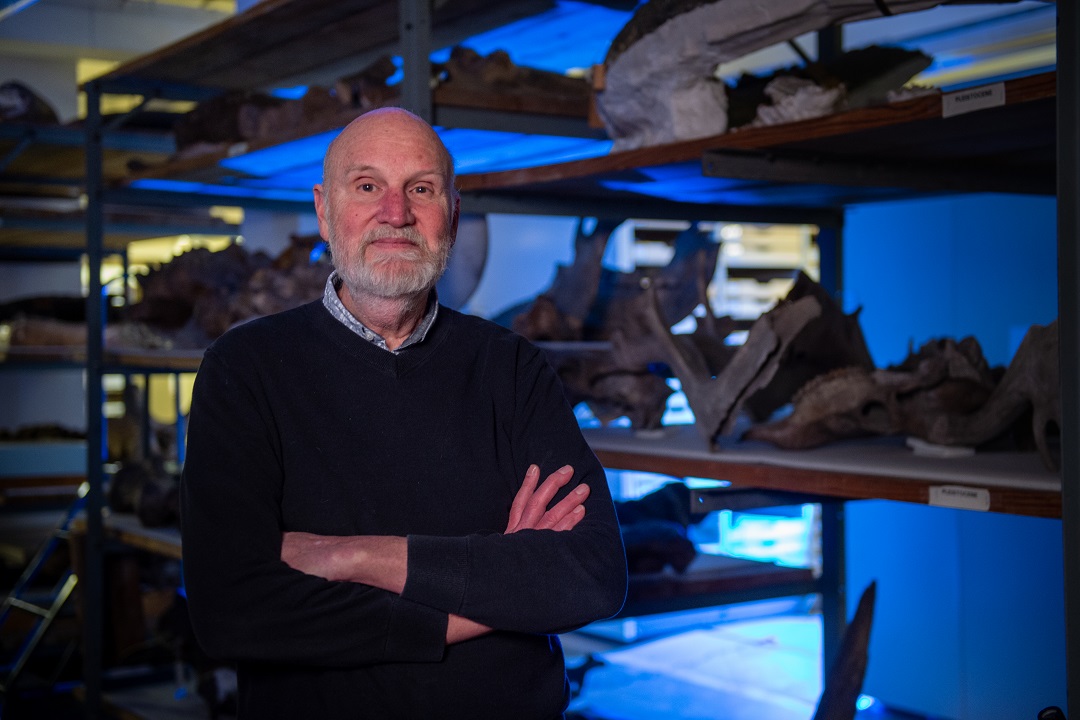
Moriarty Science Seminar: Searching for Thylacines
September 23, 2024, 12:00 pm - 1:00 pm
Hybrid: Online and At the Museum
Event Navigation

Searching for Thylacines (Tasmanian Wolves or Tigers) in Natural History Collections
Monday, September 23, 2024, 12:00 – 1:00 p.m.
Earth Theater and online via Zoom
Featuring John Wible, Curator of Mammals at Carnegie Museum of Natural History
This lecture is free. Museum admission is not required.
Europeans settled Tasmania in 1803. One-hundred and twenty-seven years later, the last thylacine was shot in the wild in northwest Tasmania, and on September 7, 1936, the last known thylacine died in captivity at the Hobart Zoo. What happened during those 133 years that resulted in the extermination of this largest marsupial carnivore? Multiple factors are responsible, including public misperceptions that led to private and government bounties. Science, natural history museums, and zoos played a role, with a mad dash to obtain specimens before there were no more.
Some 500 thylacine specimens are in museums today, including one relatively complete skeleton in the Section of Mammals, Carnegie Museum of Natural History. The origin of the CM specimen is a mystery; it was accessioned in 1942 along with 211 specimens discovered during a storeroom reorganization. Inspired by the CM specimen, John Wible’s bucket list is to study in person as many of these thylacines as possible, documenting variation in skull morphology.
Click here to register to attend virtually via Zoom. Registration is not necessary to attend in person. Museum admission is not included with the lecture. Visitor Services staff can direct you to Earth Theater on arrival.
